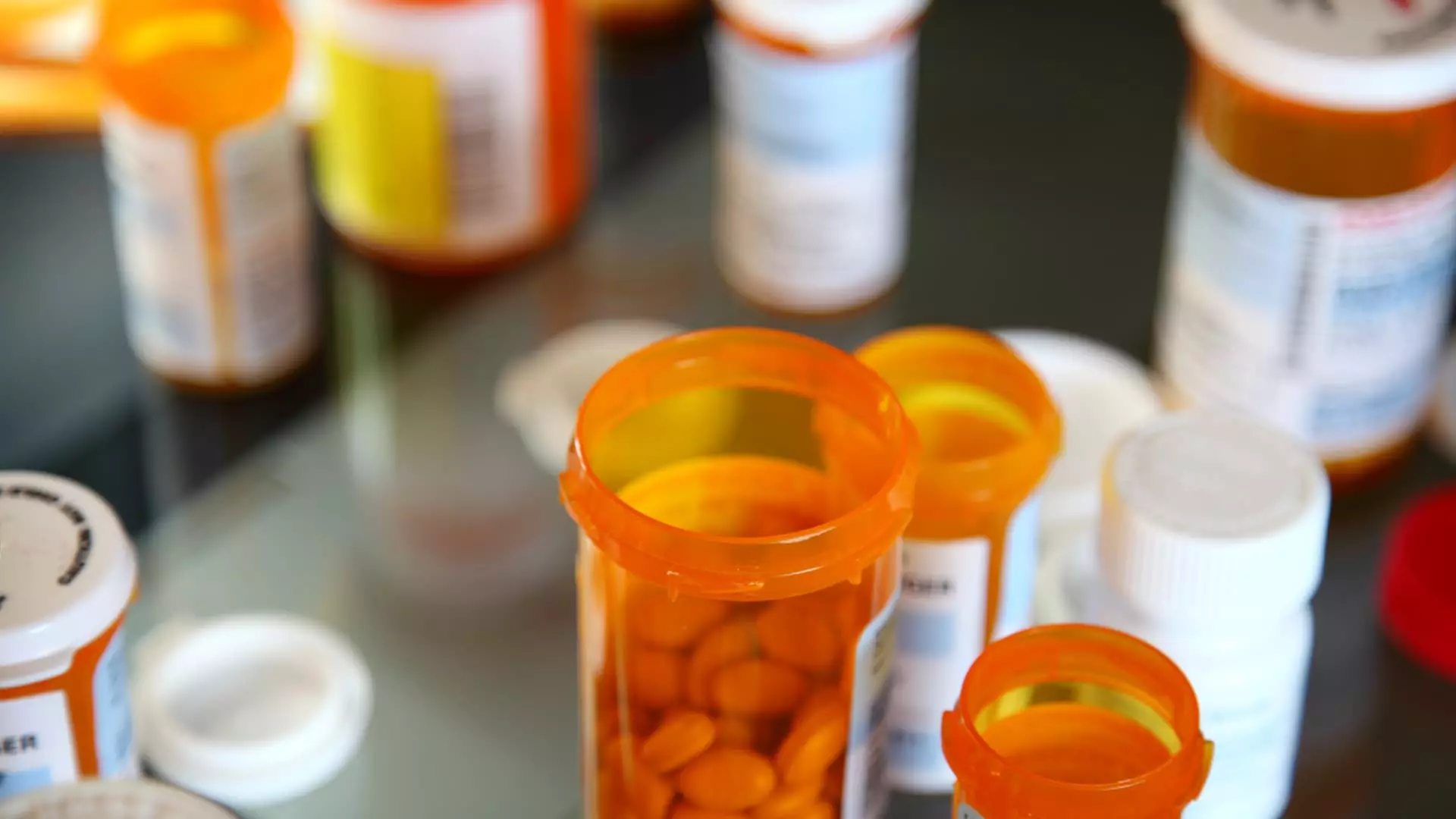The imposition of tariffs by former President Donald Trump on imports from Canada, Mexico, and China is raising alarm bells within the pharmaceutical community. Trade groups are cautioning that these tariffs not only threaten the stability of the generic drug market, but could also exacerbate the growing issue of drug shortages in the U.S. The tariffs, which include a 25% levy on goods from Canada and Mexico and a 10% charge on those from China, are set against a backdrop of increasing healthcare costs and precarious access to essential medications.
The U.S. healthcare system is currently grappling with an unprecedented shortage of vital medications, which range from critical cancer treatments to widely-used generics. Stakeholders argue that the implementation of tariffs could worsen the scarcity of these drugs. Hospitals are reportedly rationing medication due to limited availability, while many patients struggle to afford necessary prescriptions. The tariffs directly counteract efforts to ensure that American healthcare providers can access affordable drugs, an issue that has become increasingly pressing as patients face rising out-of-pocket expenses for essential treatments.
The reliance on foreign suppliers for pharmaceutical products, particularly generic medications, stands as a central concern. Statistics indicate that generics account for approximately 90% of all prescriptions in the U.S. This dependency highlights the risk posed by tariffs, which could significantly hinder patient access to affordable treatments and increase financial strain on an already beleaguered healthcare system.
A particularly crucial aspect of the tariffs is their impact on China, a major source of active pharmaceutical ingredients (APIs) essential for both brand-name and generic drugs. The country’s capacity to provide these low-cost materials has enabled many pharmaceutical companies to keep their prices competitive. However, tariffs could jeopardize this supply chain, driving up costs for manufacturers who may already be operating on slim profit margins. Experts warn that if generic drugmakers are forced out of business due to increased expenses, patients could be left without affordable options.
John Murphy, CEO of the Association for Accessible Medicines, articulated concerns regarding the potential exit of generic manufacturers from the market if they cannot absorb the additional costs imposed by the tariffs. His call for exemptions for generic products underscores the fragility of the current drug supply situation, which has already seen a decline in the total value of generic sales over the past few years.
The potential repercussions of these tariffs extend beyond pharmaceutical companies. The Healthcare Distribution Alliance, representing numerous distributors, warned that tariffs could place unsustainable pressure on the pharmaceutical supply chain, leading to worsening shortages and increased costs for consumers. With distributors operating on meager profit margins, any additional financial strain could be critical, resulting in higher prices for patients, including those relying on Medicare and Medicaid.
Furthermore, the tariffs could negatively impact manufacturers of medical devices, who also depend significantly on imports for their components. Companies, such as Intuitive Surgical, acknowledge that the majority of their products are manufactured in countries affected by tariffs, suggesting that cost escalations could directly impede their profitability and capacity for innovation. AdvaMed, the primary association for medical device manufacturers, has advocated for exemptions to avoid hindering the industry’s ability to provide essential medical technologies to patients.
While some stakeholders support the tariffs as a measure to combat unfair trade practices, the Pharmaceuticals Research and Manufacturers of America emphasizes the necessity of focusing on global competitiveness and safeguarding intellectual property. They contend that trade policies should not inadvertently place American patients at a disadvantage through inflated drug prices and increased scarcity.
In light of these developments, the U.S. must navigate the complex interplay between protecting domestic interests and ensuring access to affordable healthcare. Policymakers are faced with the challenge of balancing tariffs against the need for equitably priced medications and the sustainability of a robust pharmaceutical supply chain. The potential implications of these tariffs are far-reaching, and careful consideration is essential to mitigate unintended consequences that could adversely affect American patients’ health outcomes.
The conversation surrounding the tariffs on pharmaceuticals is indicative of broader issues in U.S. trade and health policy. Without careful deliberation and strategic planning, the health of countless individuals may hang in the balance as the nation contends with its approach to international trade.

